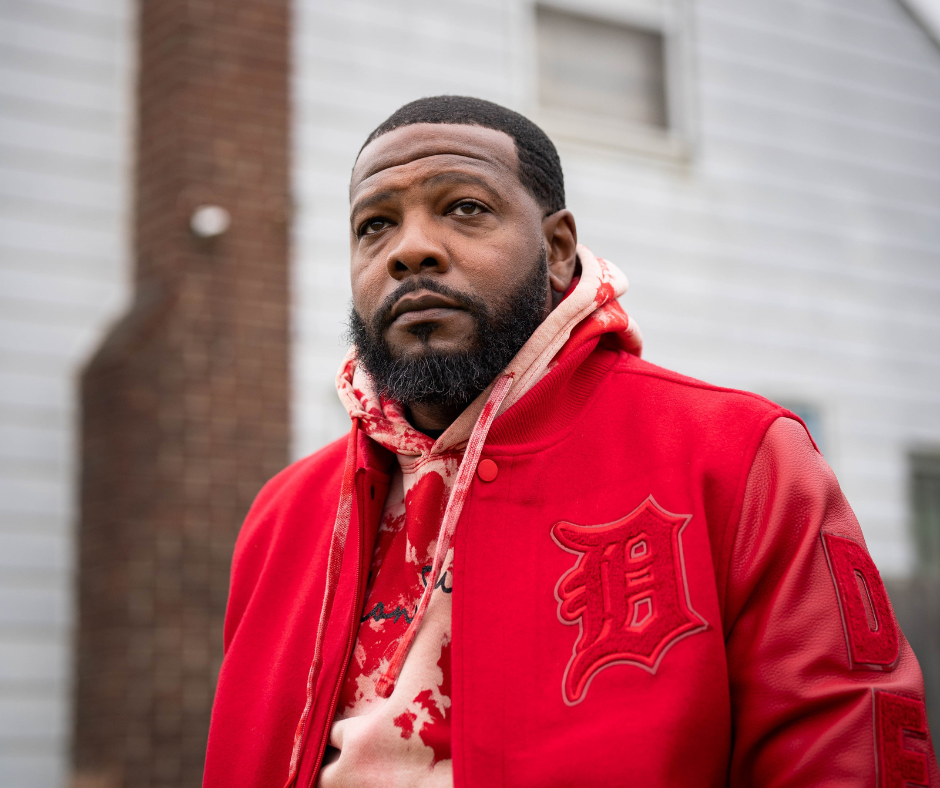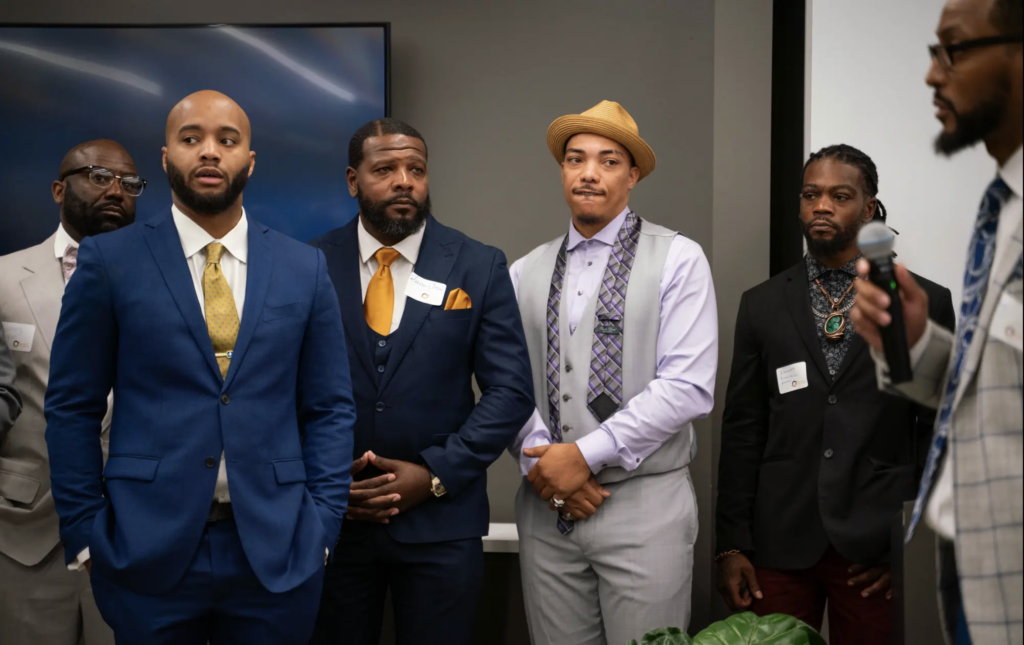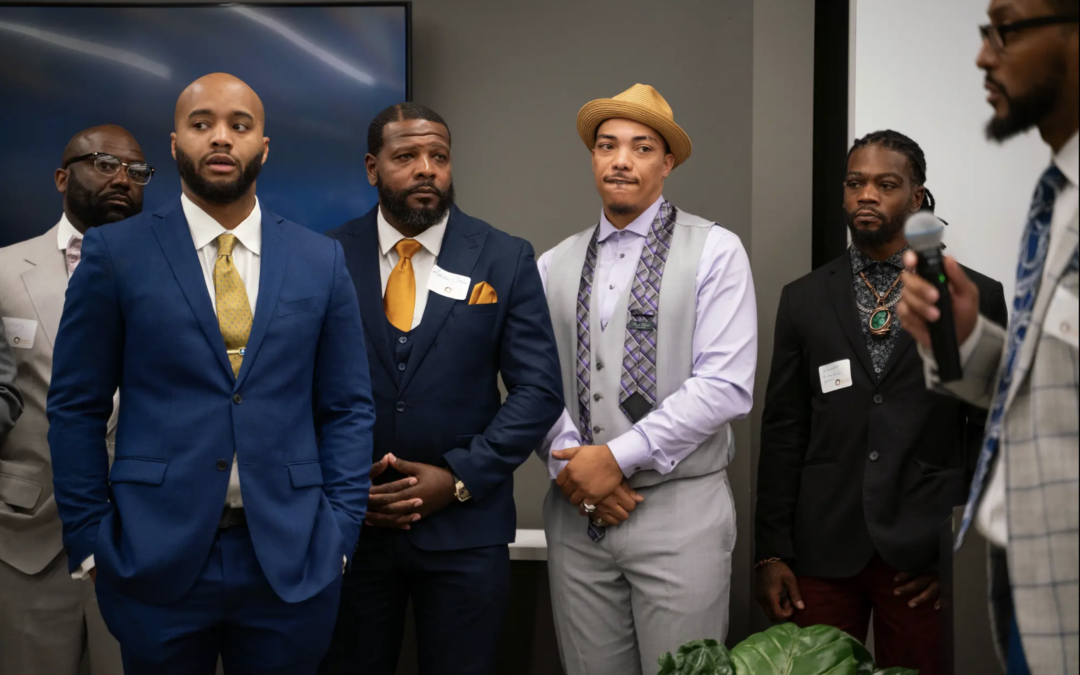Freedom of speech and expression is the first, and perhaps the most consequential, constitutional right guaranteed to American citizens. This principle is extended to the press, providing them the protection to investigate, report news, and share opinions, especially about the government and other powerful entities, without fear of censorship. This freedom ensures that those in positions of authority are held accountable and that the public remains informed and safe.
Naming and framing societal issues is the prerequisite to effectively dismantling them. This approach has been central to ProPublica’s work since its establishment in 2008. This nonprofit investigative news reporting organization focuses on exposing “abuses of power and betrayals of the public trust by government, business, and other institutions.” They aim to highlight the events and individuals responsible for these issues and those adversely affected by them.

“We approach it with the belief that when we highlight issues that are not going the way they should,” said Charles Ornstein, Managing Editor at ProPublica. “We believe that people, regardless of political affiliation, have good intentions and want to work together to solve the problem.”
Ornstein describes ProPublica’s form of journalism as a “moral force.” Unfettered in virtually all aspects of their approach, ProPublica remains uninfluenced by any political ideology and refrains from using such to manipulate readers’ perceptions. Its commitment to truth is its most vital tool in guiding readers’ moral compass.
“We live in a time of intense partisanship,” said Ornstein. “Our focus is on staying true to reality and remembering that we are writing about real people interacting with real systems affecting their lives. The more you get caught up in the politics of the moment or political talking points, the easier it is to forget that the decisions we make have real-life impacts on people.”
An example is a news story ProPublica ran in July of 2020 titled ‘A Teenager Didn’t Do Her Online Schoolwork. So a Judge Sent Her to Juvenile Detention.’ This article reports that a 15-year-old student named Grace was incarcerated for violating her probation by not completing her online coursework when her school switched to remote learning. Documenting Grace’s plight began to shed light on how unreasonably punitive the Michigan juvenile justice system is on other adolescents, taking extreme measures to penalize them for infractions, sometimes very slight, by imposing large fees or sending them to jail.
This crucial story had a reverberating impact, encouraging protests and ‘Free Grace’ hashtags. “This story started a movement,” said Ornstein. “which resulted in the appeals court releasing Grace, and subsequently led to Michigan Supreme Court justices forming a task force to investigate juvenile justice. The task force found that the entire juvenile justice system in Michigan was fundamentally broken.”
In the aftermath of widespread demonstrations and a government task force’s efforts to advocate for institutional changes, Michigan Lieutenant Governor Garlin Gilchrist II took a significant step by signing a package of bills into law. These bills are designed to reform the state’s juvenile justice system. The reforms aim to keep low-level offenses out of court, provide more resources to young offenders, and eliminate fines.
The impact of this story further revealed to Charles Ornstein how effective an objective response can be. It emphasized how such an approach can prompt one to contemplate what actions are truly in the best interest of humanity.
“It really encapsulates, from my perspective, the ability we all have to center the experience of others and the harm these systems have caused them without any ideological implications. This is not about politics. This isn’t about anything but policies put in place that are causing harm in ways that any rational person would look at and say, ‘This cannot be.’ “
One of the key values sustained by ProPublica is its desire to collaborate with other newsrooms rather than focusing on their individual work. As each publication has its own audience, collective efforts have the ability to reach more marginalized communities. For Ornstein, there is great importance in connecting with and serving the communities impacted by the journalism they produce.
ProPublica has established partnerships with a wide range of news organizations, spanning from major national outlets to local ones like Outlier Media. Outlier Media’s Editor, Sarah Alvarez, and team worked with ProPublica on a report shedding light on the harsh actions taken by DTE, an electric utility company, in response to the pandemic. The report specifically focused on DTE’s swift disconnection of electricity services and the selling of debt to collection agencies. As a result of the report, the Michigan Public Service Commission made a significant decision to mandate that DTE disclose information about its debt sales on an annual basis. This development is considered a positive step in promoting transparency and accountability within the utility sector.

ProPublica & The Song Foundation
As ProPublica expanded across the Midwest, including establishing a base in Michigan, they caught the interest of Song Foundation Board Chair and co-founder Dug Song.
“Dug showed a keen interest in supporting nonprofit journalism,” said ProPublica Senior Director of Leadership Gifts, Jane Nicholson. “particularly with a focus on Michigan.”
The Song Foundation was further motivated to support ProPublica due to the urgent need for thorough investigative and accountability journalism. They were impressed by ProPublica’s tendency to lean on local infrastructure to make sure that issues are covered accurately and authentically.
In return Ornstein expressed his deep respect for the Foundation’s commitment to nurturing youth and emerging leadership. He noted that ProPublica shares a similar focus through its Emerging Reporters Program, which provides stipends for BIPOC college students pursuing careers in journalism.
“We are going to build a diverse generation of journalists,” said Ornstein. “We need to start with the people who are entering journalism. It is important that they see a clear path to pursue journalism. We need to ensure that journalists, including those in investigative journalism, represent the diversity of the population.”
In addition ProPublica launched an investigative editor training program in 2023 to increase the ranks of investigative editors from diverse and underrepresented backgrounds across the industry and within ProPublica. Each year, ten participants are selected from newsrooms across the country to take part in their year-long program. It is their hope that graduates from each year will form a new community of emerging newsroom leaders.
Future Aspirations
With so many issues facing the country all at once, including the fight for reproductive rights, climate change, putting an end to gun violence, and enhancing education. Charles Ornstein believes that we need more journalism now than ever before.
“Journalism has to be bigger and more organized to cover the challenges facing society,” said Ornstein. “We need to have reporters on the ground in more locations to address these challenges. The news media has historically been focused mainly on the East and West coasts, so we need to have more coverage in middle America. We hired reporters in Wisconsin, Michigan, Minnesota, Missouri, and other Midwest states, but we also need to expand our coverage in Illinois and other areas.”
In addition, Ornstein believes that Michigan needs more journalism.
“We recently announced that we will be collaborating with Michigan Public and their reporter, Beenish Ahmed, for two years as part of our Local Reporting Network. We need to do more of this, and we plan to do this in the future.”
The field of journalism plays a crucial role in society by providing valuable information and serving as a source of inspiration. In strengthening the future of journalism we are in turn motivating others to take action toward creating a better world for all.


